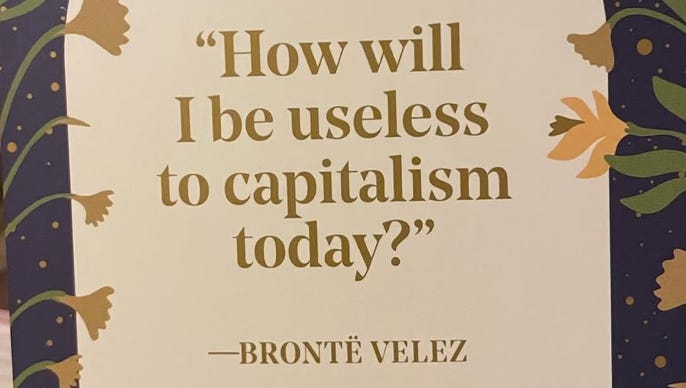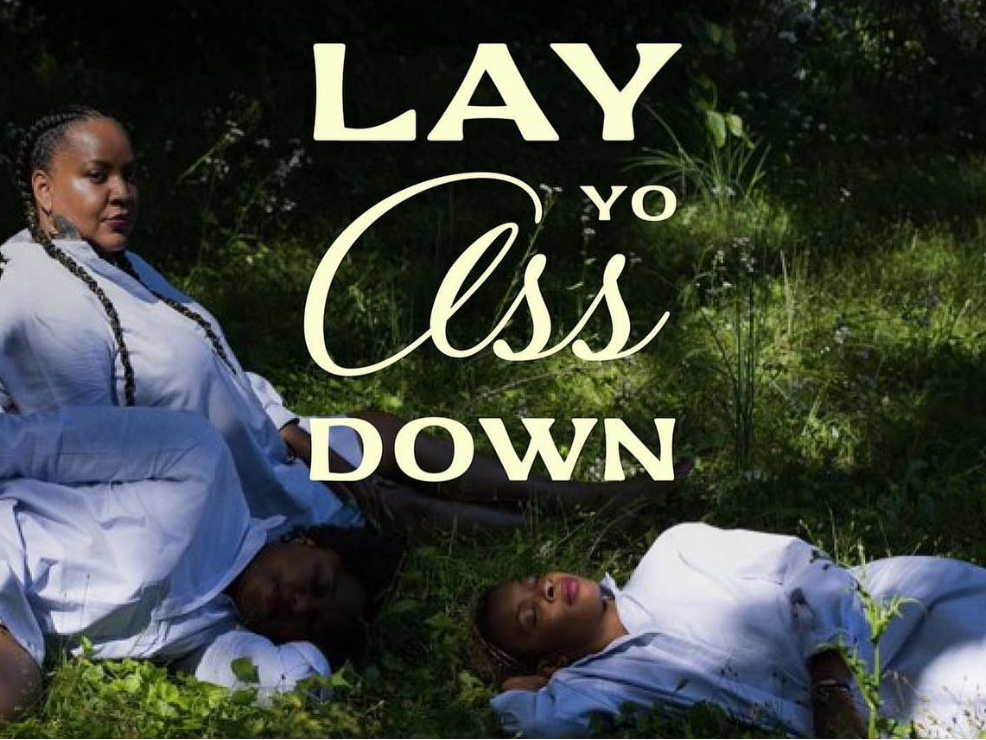The right to rest
“I’m taking naps for them because life didn’t let them sleeeeeeeeeeep.” I sobbed during my first experience with psilocybin. Although it happened four years ago, I vividly remember the moment when I randomly started crying because of how revolutionary I felt to take leisurely naps, as a Black woman. Growing up, I don’t recall my mother taking many naps. My maternal grandmother and namesake raised 5 children alone while working a full-time job. My paternal grandmother also raised 5 children on crutches and eventually in a wheelchair due to polio. I doubt either of them got many naps in.
As an ambitious multihyphenate with gigs, projects and relationships to attend to—resting is something I struggle with. (Naming that I do have the privilege of more free time as a childless woman, even though I fill that time up with work lol) It’s difficult for me to do nothing, to just exist, because I’m always “on”. I treat rest as something that needs to be earned. Even though I like to think of myself as somebody who wants ease and fluidity in their life, I can’t help but notice how much I’ve succumbed to grind culture. I feel an immense pressure (from myself) to constantly work, learn and grow because, well, I’m not a white man or a nepo baby. Grind culture tells us that our worth is tied to our productivity, and society tells Black girls that we have to work twice as hard to get half as far. The “Strong Black Woman” trope (which is more harmful than helpful, but that’s for another post) leaves little room for vulnerability or rest.
But what if rest is the most radical thing we can do? What if, by napping, by slowing down, by saying “no” to overwork, we are actively resisting a system that was never built for our well-being? Tricia Hersey, the self-proclaimed Nap Bishop, calls rest “a form of resistance”—especially for Black women, whose bodies and labor have been exploited for generations. She created the “rest is resistance” and “rest as reparations” frameworks, which birthed The Nap Ministry, positioning rest not as a luxury, but as a pathway to liberation. When I listened to her keynote speech at the 2023 Beaucoup Hoodoo Festival in New Orleans, which challenged me to think about rest as a way to honor my ancestors. A collective act that disrupts the violent cycles of capitalism and white supremacy.
When I nap, I do so for my mother, my grandmothers, and all the Black women who came before me. I do it for myself and those who will come after me. Rest is a way to imagine and create a future where Black women are not defined by how much we can endure, but by how deeply we can thrive.





